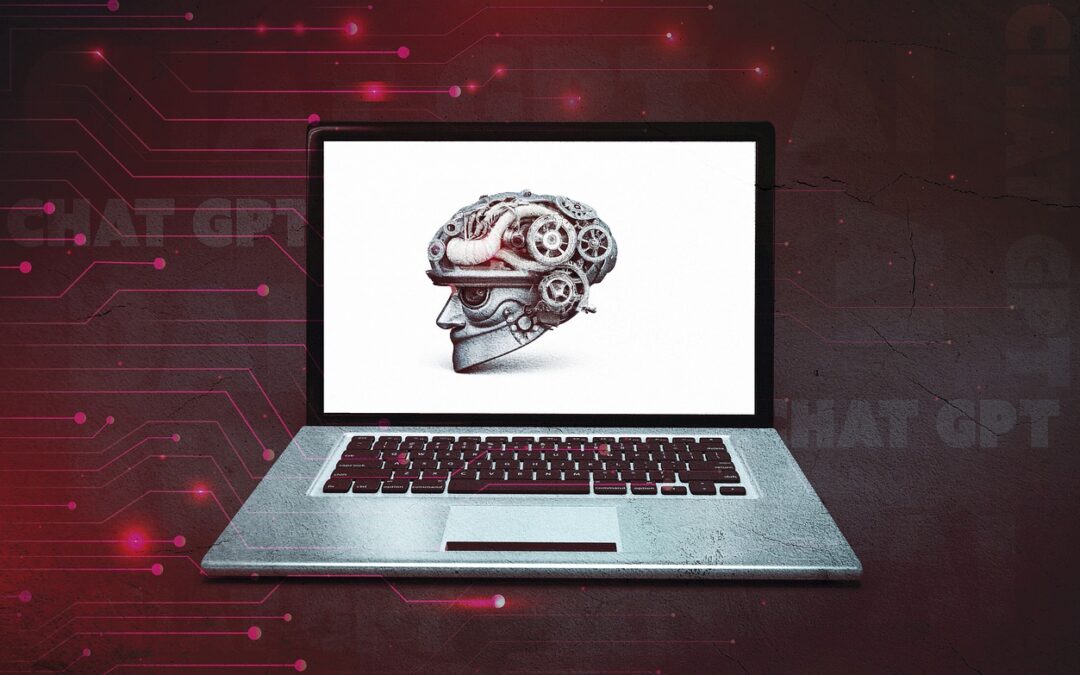In the fast-paced world of customer service, finding innovative solutions to enhance customer interactions and gain valuable insights is crucial. With the introduction of the groundbreaking product “Leveraging ChatGPT OpenAI for Enhanced Customer Interactions and Insights,” businesses now have a powerful tool at their disposal. This cutting-edge technology revolutionizes the way companies engage with their customers, utilizing the advanced capabilities of ChatGPT to deliver personalized and efficient support. By harnessing the power of artificial intelligence, this product opens up a new realm of possibilities for businesses seeking to provide exceptional customer experiences and unlock valuable insights into customer behavior and preferences.
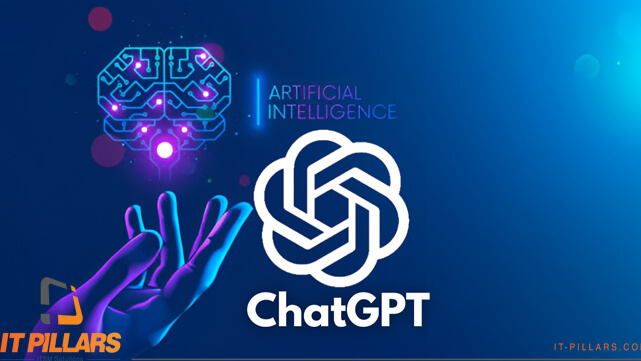
This image is property of www.it-pillars.com.
Understanding ChatGPT OpenAI
What is ChatGPT?
ChatGPT is a state-of-the-art language model developed by OpenAI that enables chat-based interactions with users. It is designed to generate human-like responses in real-time and can be used in a variety of customer-facing applications to provide personalized and efficient support.
How does ChatGPT work?
ChatGPT works by using deep learning techniques to process and understand natural language input. It is trained on a wide range of data from the internet, allowing it to develop a comprehensive understanding of different topics and contexts. When a user inputs a message or query, ChatGPT uses its learned knowledge to generate a response that is relevant and coherent.
Benefits of ChatGPT for customer interactions
ChatGPT offers several benefits for customer interactions in various industries. It provides real-time communication, allowing customers to receive instant responses to their queries. The model also excels at providing personalized responses, making customers feel valued and understood. Additionally, ChatGPT’s 24/7 availability ensures that customers can get support at any time, leading to increased customer satisfaction. Lastly, ChatGPT enables efficient customer support by automating repetitive tasks and reducing the workload of human agents.
Enhancing Customer Interactions with ChatGPT
Real-time communication
One of the key advantages of using ChatGPT for customer interactions is its ability to provide real-time communication. Customers expect quick responses to their queries, and ChatGPT can deliver instant replies, creating a seamless and engaging user experience. Whether it is answering product-related questions or addressing service issues, the real-time nature of ChatGPT ensures that customers feel supported and valued.
Personalized responses
ChatGPT’s capability to generate personalized responses is instrumental in enhancing customer interactions. By analyzing the user’s message and understanding their intent, ChatGPT can tailor its responses to meet the specific needs of each customer. This personalized approach makes customers feel heard and understood, leading to increased satisfaction and loyalty.
24/7 availability
One of the limitations of human customer support is the restriction to specific working hours. With ChatGPT, this limitation is eliminated as it is available 24/7. Customers can engage with the AI-powered chatbot at any time, even outside regular business hours. This uninterrupted availability helps organizations provide round-the-clock support to their customers, ensuring their needs are met regardless of the time zone or location.
Efficient customer support
ChatGPT enhances customer support efficiency by automating repetitive tasks and reducing the workload of human agents. It can handle a wide range of common queries, freeing up human agents to focus on more complex or specialized customer interactions. By automating routine tasks, ChatGPT enables faster response times, improves resource allocation, and ultimately leads to more efficient customer support operations.
Improving Customer Insights with ChatGPT
Analyzing customer feedback
ChatGPT can be leveraged to analyze and extract insights from customer feedback. By processing large volumes of customer messages, it can identify recurring themes, sentiments, and patterns. This analysis provides valuable feedback to organizations, enabling them to understand customer preferences, identify areas for improvement, and make data-driven decisions.
Identifying customer preferences
Through iterative conversations with customers, ChatGPT can gather valuable information about their preferences, needs, and expectations. By understanding customer preferences, organizations can tailor their products and services to meet individual customer requirements. This personalized approach helps to build strong customer relationships and increases customer satisfaction.
Understanding customer behavior
With its ability to interact with customers in a conversational manner, ChatGPT can gather insights into customer behavior. By analyzing the sequence of messages and interactions, organizations can gain a deeper understanding of customer preferences, pain points, and buying habits. This understanding enables businesses to optimize their marketing strategies, personalize customer experiences, and create targeted campaigns.
Generating actionable insights
ChatGPT’s analysis of customer interactions and feedback can generate actionable insights for organizations. By identifying trends, patterns, and correlations within customer data, organizations can uncover valuable information about customer needs, preferences, and pain points. These insights can then be used to drive product enhancements, improve customer service processes, and tailor marketing strategies to maximize customer satisfaction.
Implementing ChatGPT for Customer Interactions
Training the model
Implementing ChatGPT for customer interactions involves training the model on relevant data. The training process involves providing the model with a diverse range of conversational data, ensuring it comprehends and responds appropriately to different types of queries. The data used may include customer support logs, transcripts of live chats, and historical customer interactions. Training the model on industry-specific datasets further enhances its ability to provide accurate and contextually appropriate responses.
Fine-tuning for specific scenarios
After initial training, fine-tuning the ChatGPT model for specific scenarios can improve its performance in targeted use cases. Fine-tuning involves exposing the model to narrower and more domain-specific datasets, allowing it to specialize in particular industries or applications. By training on more specific data, the model can provide more accurate and relevant responses to customer queries, thereby enhancing user satisfaction and engagement.
Integrating ChatGPT with existing systems
To implement ChatGPT for customer interactions, integration with existing systems is essential. This allows ChatGPT to seamlessly interact with customers through various channels such as websites, messaging apps, or voice assistants. Integration may involve leveraging APIs (Application Programming Interfaces) to connect ChatGPT with customer service platforms, CRM systems, or chatbot frameworks. By integrating ChatGPT with existing systems, organizations can enhance their customer support capabilities without disrupting their existing workflows.
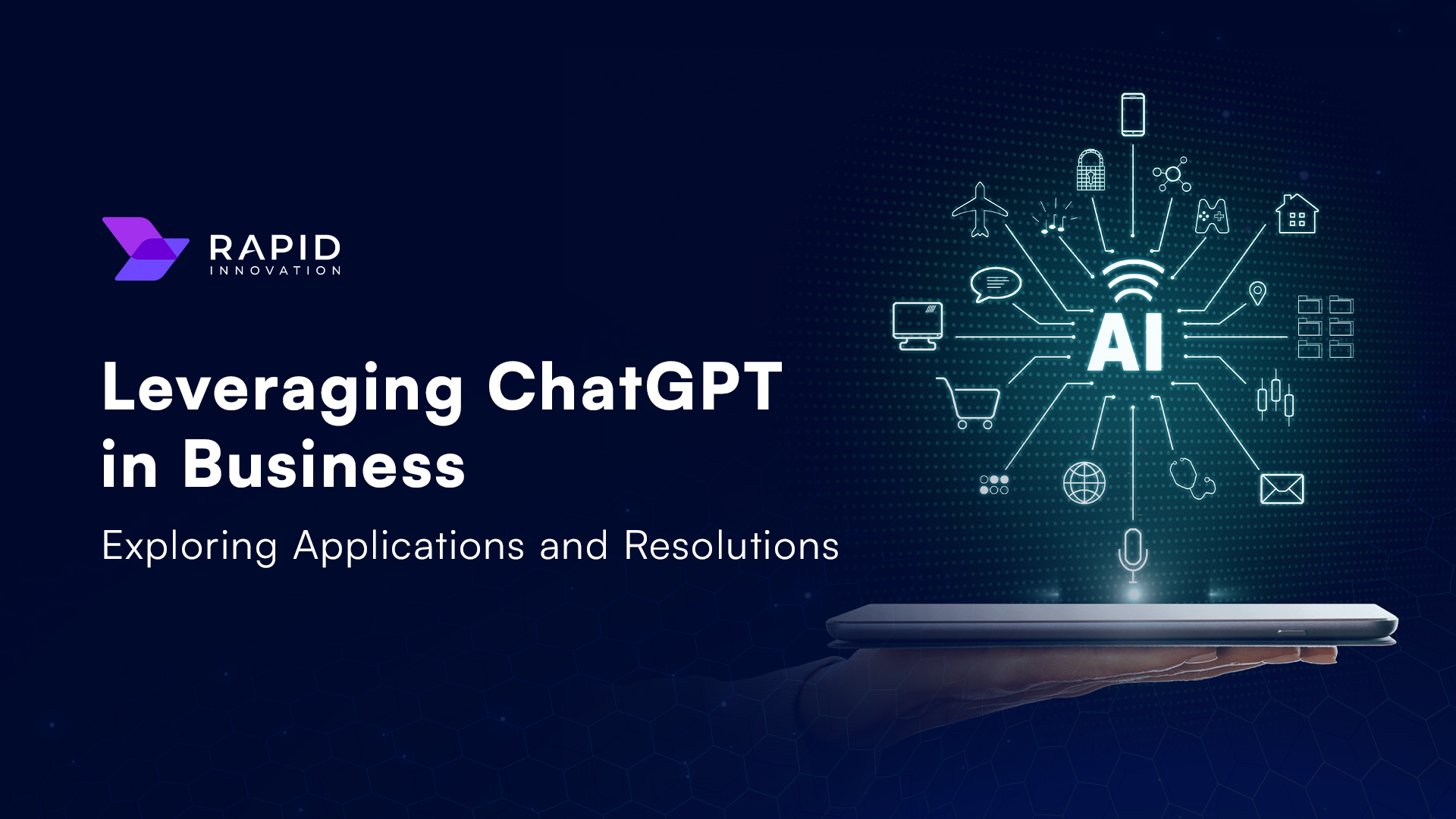
This image is property of blog.rapidinnovation.io.
Best Practices for Effective ChatGPT Interactions
Setting clear expectations
Maintaining clear and upfront communication is crucial when using ChatGPT for customer interactions. Users should be aware that they are interacting with an AI-driven system and understand its capabilities and limitations. Clear disclaimers and instructions can help manage user expectations, ensuring that they perceive ChatGPT as an effective tool while understanding its limitations.
Maintaining a conversational tone
To enhance user engagement and create a natural customer experience, it is vital to maintain a conversational tone when interacting with ChatGPT. Using language that is friendly, empathetic, and appropriate to the context helps users feel more comfortable and encourages them to share their concerns and queries more freely. This conversational approach fosters a positive customer experience and promotes stronger customer relationships.
Handling sensitive information and privacy
When using ChatGPT for customer interactions, it is essential to handle sensitive customer information with utmost care. Organizations must take appropriate measures to ensure data privacy and security. Implementing robust encryption methods, access controls, and regular security audits are crucial in safeguarding customer information. Additionally, it is important to clearly communicate privacy policies and obtain user consent when collecting or using personal data.
Monitoring and evaluating responses
Regularly monitoring and evaluating the responses generated by ChatGPT is crucial to maintain the quality of customer interactions. Implementing a feedback mechanism where users can rate the helpfulness and accuracy of responses allows organizations to identify areas for improvement and track the performance of the system. This ongoing evaluation ensures that the AI-powered system continues to provide value to customers and allows for continuous enhancements.
Addressing Challenges and Limitations
Potential biases in responses
As with any AI system, ChatGPT may inadvertently reflect certain biases present in the training data. Organizations must take measures to address and mitigate bias in the responses generated by ChatGPT. This can involve carefully curating the training data to ensure it is diverse and representative of different perspectives. It is also important to regularly audit and evaluate the system’s responses for potential biases and make necessary adjustments to ensure fair and equitable interactions.
Handling complex or ambiguous queries
While ChatGPT is adept at generating responses for a wide range of queries, it may struggle with complex or ambiguous queries. When faced with such queries, it is important to have fallback mechanisms in place, such as escalating the query to a human agent or providing relevant resources for further assistance. Clear communication with users about the limitations of the system in handling complex queries helps manage expectations and ensures a seamless customer experience.
Ensuring accurate information and avoiding misinformation
To maintain the credibility of customer interactions, it is crucial to ensure that ChatGPT provides accurate and reliable information. The model should be regularly updated with the latest knowledge and industry-specific information. Implementing mechanisms for fact-checking and verification of responses can help minimize the risk of misinformation being conveyed to customers. It is also important to monitor and address any instances of incorrect or misleading information that may arise during interactions.
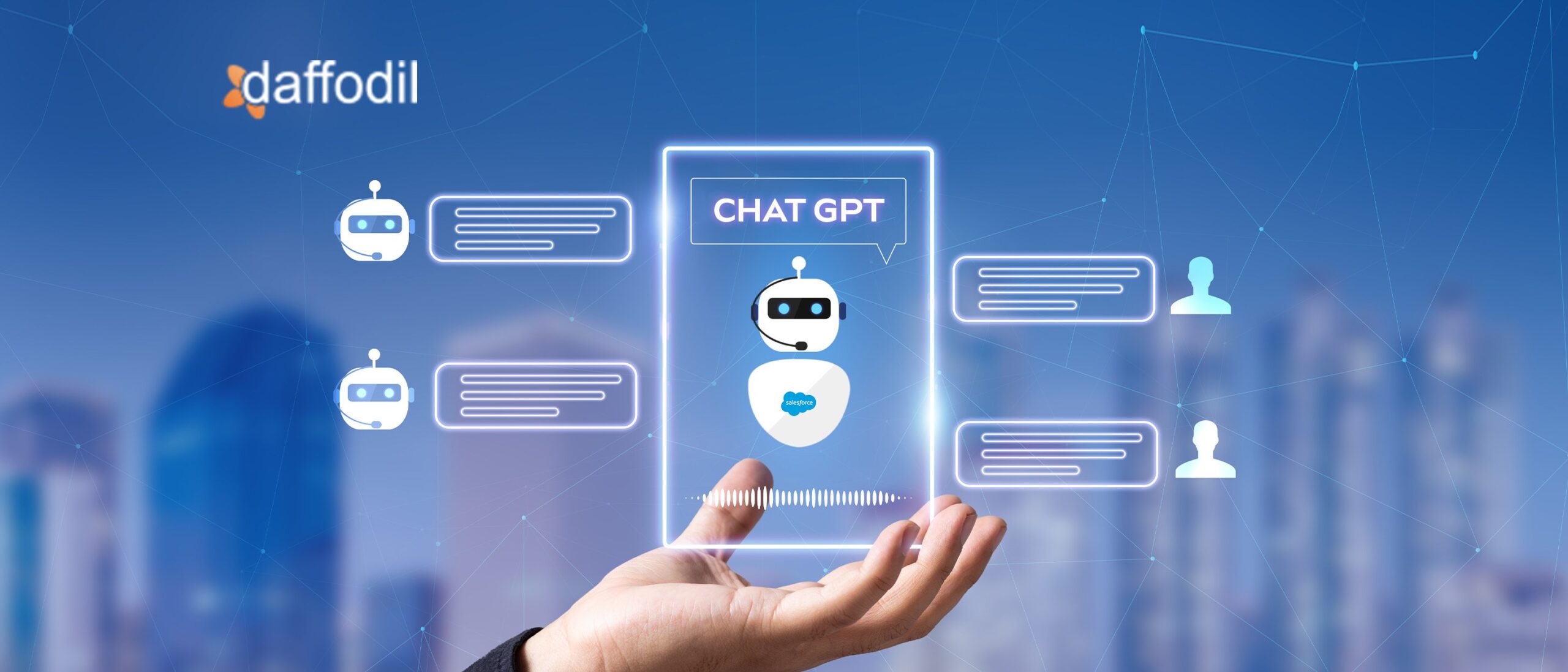
This image is property of insights.daffodilsw.com.
Applications of ChatGPT in Various Industries
E-commerce
In the e-commerce industry, ChatGPT can be used to provide personalized product recommendations, answer customer queries about products and services, facilitate order tracking, and handle returns and refunds. The conversational nature of ChatGPT enhances the customer experience, leading to increased sales and customer satisfaction.
Customer service
ChatGPT can be leveraged in customer service departments to handle common customer inquiries, provide self-service options, and automate ticket resolution. By seamlessly integrating with existing customer service platforms, ChatGPT can improve response times, reduce customer wait times, and provide consistent and accurate information.
Healthcare
In the healthcare industry, ChatGPT can assist with appointment scheduling, provide basic health information, answer frequently asked questions, and offer support for patient queries. Integrating ChatGPT with telemedicine platforms allows patients to receive instant responses to their health-related concerns, improving access to healthcare information and support.
Banking and finance
ChatGPT can be used in the banking and finance sector to provide real-time account information, answer banking-related questions, assist with money transfer services, and provide financial advice. By leveraging ChatGPT, banks and financial institutions can enhance customer experiences, increase self-service capabilities, and improve overall operational efficiency.
Future Developments and Possibilities
Improving contextual understanding
Future developments in ChatGPT aim to enhance its contextual understanding capabilities. This involves training the model to have a deeper understanding of the user’s previous messages, allowing it to maintain context throughout a conversation. Improved contextual understanding enables more accurate responses and helps create more natural and engaging customer interactions.
Enhancing multilingual capabilities
Further developments in ChatGPT include enhancing its multilingual capabilities. This involves equipping the model with the ability to communicate fluently in multiple languages, allowing organizations to provide customer support in a diverse range of languages. The enhanced multilingual capabilities of ChatGPT will enable seamless communication with customers globally, fostering inclusivity and expanding business reach.
Integrating with voice assistants
The integration of ChatGPT with voice assistants presents exciting possibilities for the future. By combining the text-based conversational abilities of ChatGPT with voice recognition and synthesis capabilities, users can interact with AI-powered chatbots using voice commands. This integration enhances user convenience, allowing for hands-free and natural language interactions.
AI-powered chatbots as virtual assistants
As AI technology advances, the future holds the potential for AI-powered chatbots to function as virtual assistants. These intelligent chatbots would be capable of not just providing information and support but also proactively anticipating customer needs and offering personalized recommendations. With advancements in machine learning and natural language processing, AI-powered virtual assistants can revolutionize customer interactions, making them more efficient and enjoyable.
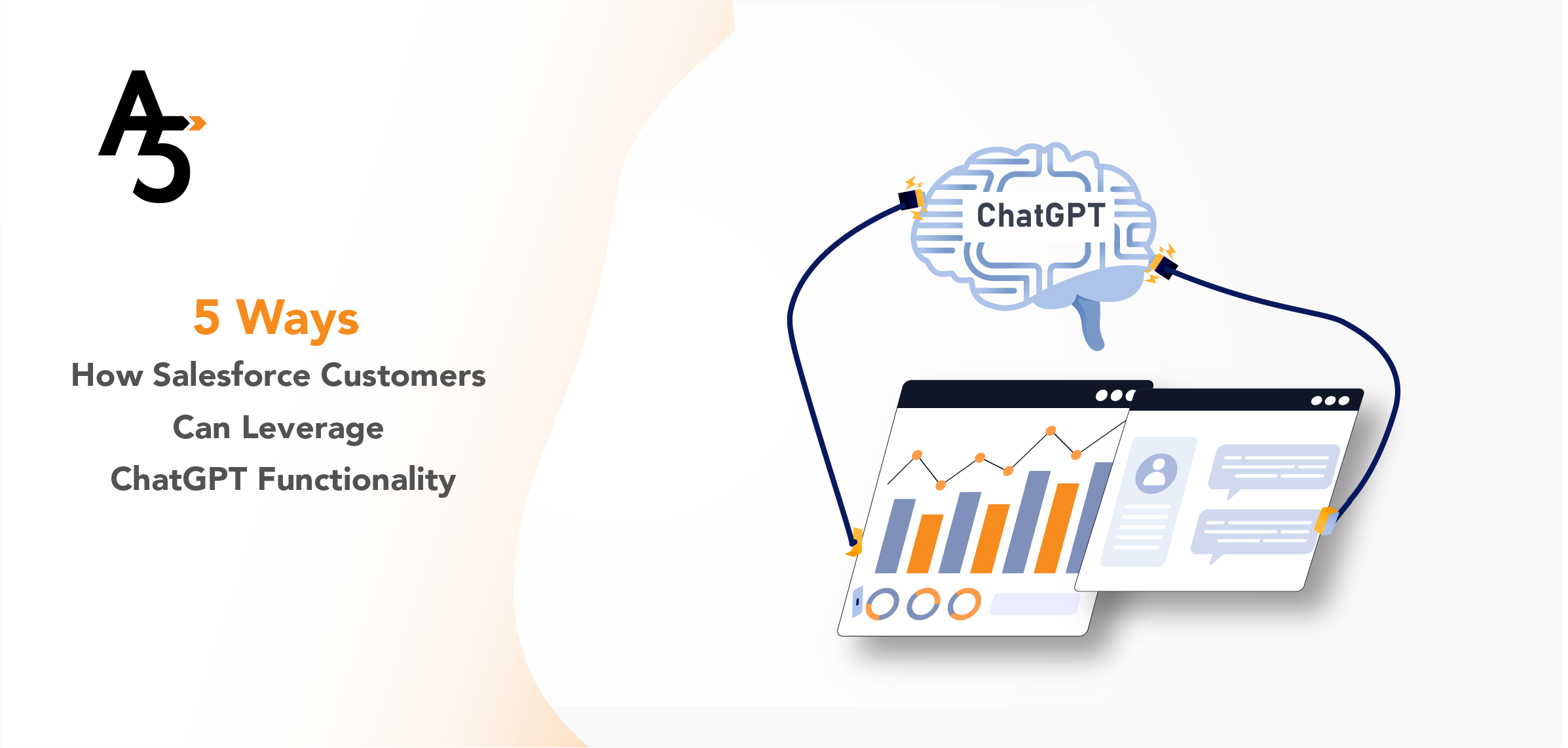
This image is property of a5corp.com.
Ethical Considerations with ChatGPT
Transparency and disclosure
Maintaining transparency and disclosure when using ChatGPT for customer interactions is crucial. Users should be informed that they are interacting with an AI system, and the limitations of the system should be clearly communicated. Organizations should also be transparent about how customer data is collected, stored, and used, ensuring that users are fully aware of the privacy implications.
Mitigating bias and discrimination
Addressing bias and discrimination is a key ethical consideration when using ChatGPT. Organizations should take steps to ensure that the training data used is diverse and representative of different perspectives and demographics. Regular audits and evaluations should be conducted to identify and mitigate biases in the system’s responses. ChatGPT should be designed to provide fair and equitable interactions, regardless of factors such as race, gender, or social background.
Data privacy and security
Maintaining data privacy and security is of utmost importance when implementing ChatGPT for customer interactions. Robust security measures should be in place to protect customer information from unauthorized access or data breaches. Organizations should follow industry best practices for data encryption, access controls, and secure data storage. Additionally, customer consent should be obtained for the collection and use of personal data, and data retention policies should be clearly communicated.
Conclusion
ChatGPT, developed by OpenAI, offers significant potential in enhancing customer interactions and gaining valuable customer insights. By providing real-time communication, personalized responses, and 24/7 availability, ChatGPT improves customer satisfaction and efficiency. It facilitates the analysis of customer feedback, identification of preferences, and understanding of customer behavior, leading to actionable insights. Implementing ChatGPT involves training, fine-tuning, and integrating the model with existing systems. Best practices include setting clear expectations, maintaining a conversational tone, and monitoring responses. However, challenges related to biases, complex queries, and accurate information require attention. ChatGPT finds applications in e-commerce, customer service, healthcare, and banking industries. Future developments aim to improve contextual understanding, enhance multilingual capabilities, integrate with voice assistants, and create virtual assistants. Ethical considerations include transparency, bias mitigation, and data privacy and security. Leveraging ChatGPT OpenAI can transform customer interactions and provide organizations with valuable insights.

This image is property of www.altavistasp.com.

